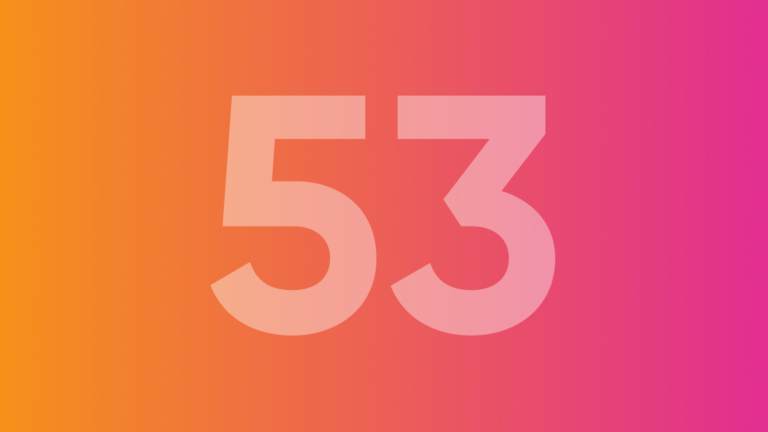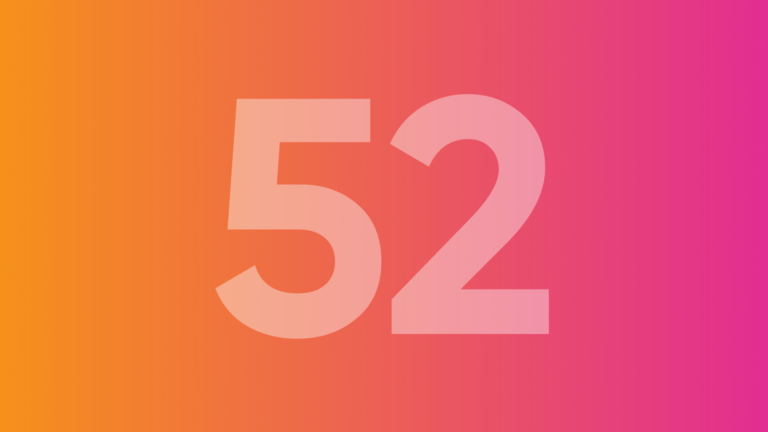Russia | Alexei Navalny Murdered
Prominent Russian dissident Alexei Navalny was murdered while serving an unlawful 19-year prison sentence at the “Polar Wolf” Arctic penal colony. He was one of the leading voices challenging Putin’s dictatorship and exposing regime corruption. In 2011, he founded the Anti-Corruption Foundation (ACF), through which he conducted sensational and far-reaching investigations into state companies and senior government officials. His work reached hundreds of millions of people and helped spark the largest protests in recent Russian history. His murder intensifies a state of fear one month ahead of Russia’s elections, in an Orwellian climate where the regime has been blocking OpenVPN and Wireguard connections, drafting new laws to target and confiscate bank accounts and assets from opposition groups, and tightly controlling and monitoring the banking system. Russian-language Bitcoin resources like 21 Ideas will no doubt continue to be useful for individuals seeking a way out.
Kosovo | Thousands Protest Ban on Dinar
Last Monday, thousands of minority Serbs in Kosovo protested the recent ban on the Serbian currency, the dinar, denouncing it as discriminatory and infringing upon their rights. “This virtually means taking away food from our tables,” a protestor said. This has heightened tensions between Serbia and Kosovo, prompting responses from the European Union (EU) and the United States (US). In reaction to both international pressure and widespread protests, Kosovo’s central bank has offered a transition period of three months to adapt to the abrupt imposition of new currency rules. Regardless, the ban had and will have repercussions for ethnic Serbs, creating a situation where basic necessities, financial security, and quality of life are being jeopardized and reminding us that fiat currencies are, in the end, political tools.
Nigeria | Regime-imposed Devaluation Triggers Rapid Food Inflation
Amid the regime’s severe currency devaluation and abrupt cancellation of fuel subsidies, quickly rising food prices in Nigeria are pushing people to unconventional options like eating rice grains meant for fish feed (known as afafata). These grains are hard to prepare and eat and less nutritious, but are cheaper than regular rice. Food inflation rose to 35.4% in January (from 33.9% the previous month), and overall inflation reached nearly 30%, the highest since Abacha’s military regime in 1996. The cost of a bag of regular rice has surged by a shocking 70%, consuming about half of the minimum monthly income for many families. Despite the worst inflation crisis in three decades, the president’s office continues to assert that Nigeria has favorable costs of living — propaganda that is triggering unrest across the country.
India | State Push for Rural CBDC Adoption
To increase adoption of its central bank digital currency (CBDC), the digital rupee, the Reserve Bank of India (RBI) is exploring offline payment solutions targeting rural regions with limited Internet access. With 683 million people living with no Internet connection and largely outside of the control of the state, the RBI seeks to onboard this constituency into a new network of surveillance. Their strategy involves deploying proximity (i.e., near-field communication, or NFC) and non-proximity-based (i.e., Bluetooth) solutions, gradually introducing them through pilot banks. The introduction of a CBDC aligns with the government’s broader goal of reducing cash usage and enhancing financial monitoring. To counter this, grassroots initiatives like Bitshala aim to promote Bitcoin awareness and adoption so that financial freedom can remain alive.
Burkina Faso, Niger, & Mali | CFA Currency Crisis
Burkina Faso, Mali, and Niger announced their withdrawal from the Economic Community of West African States (ECOWAS) and have their eyes set on the removal of the colonial CFA Franc currency next. Abandoning the CFA franc — a currency imposed upon 14 countries since 1945 and abstracting monetary authority to France — could be a positive move away from French influence, for sure, but would likely just put citizens under the thumb of a new dictator. What military rulers might deem “an end to colonialism” might just be the creation of a new, more locally controlled tyranny. The CFA region’s adoption of Bitcoin, a currency that neither local dictators nor foreign powers control, remains on the rise.
Pakistan | Regime Seeks 24th IMF Loan
Pakistan’s $3 billion International Monetary Fund (IMF) loan is set to expire next month, coinciding with inconclusive election outcomes. Legal challenges are underway to contest results, protests have broken out, the police have tear gassed and arrested dozens of protestors, and state authorities have shut down the Internet. It is widely expected that new rulers will seek a larger IMF bailout, with the former governor of the central bank of Pakistan stating “there is no alternative.” This would mark Pakistan’s 24th loan from the IMF. With a debt-to-GDP ratio surpassing 70%, over half of government revenues are directed towards servicing debt, with much of the rest going toward building a competitive authoritarian, military regime and not benefiting society.






